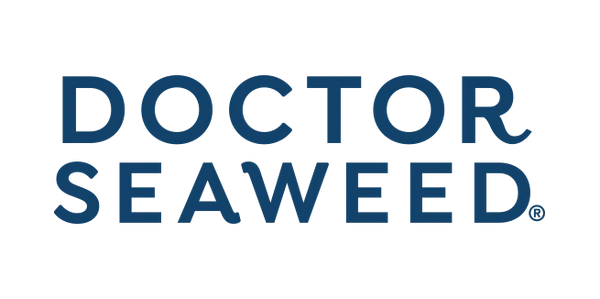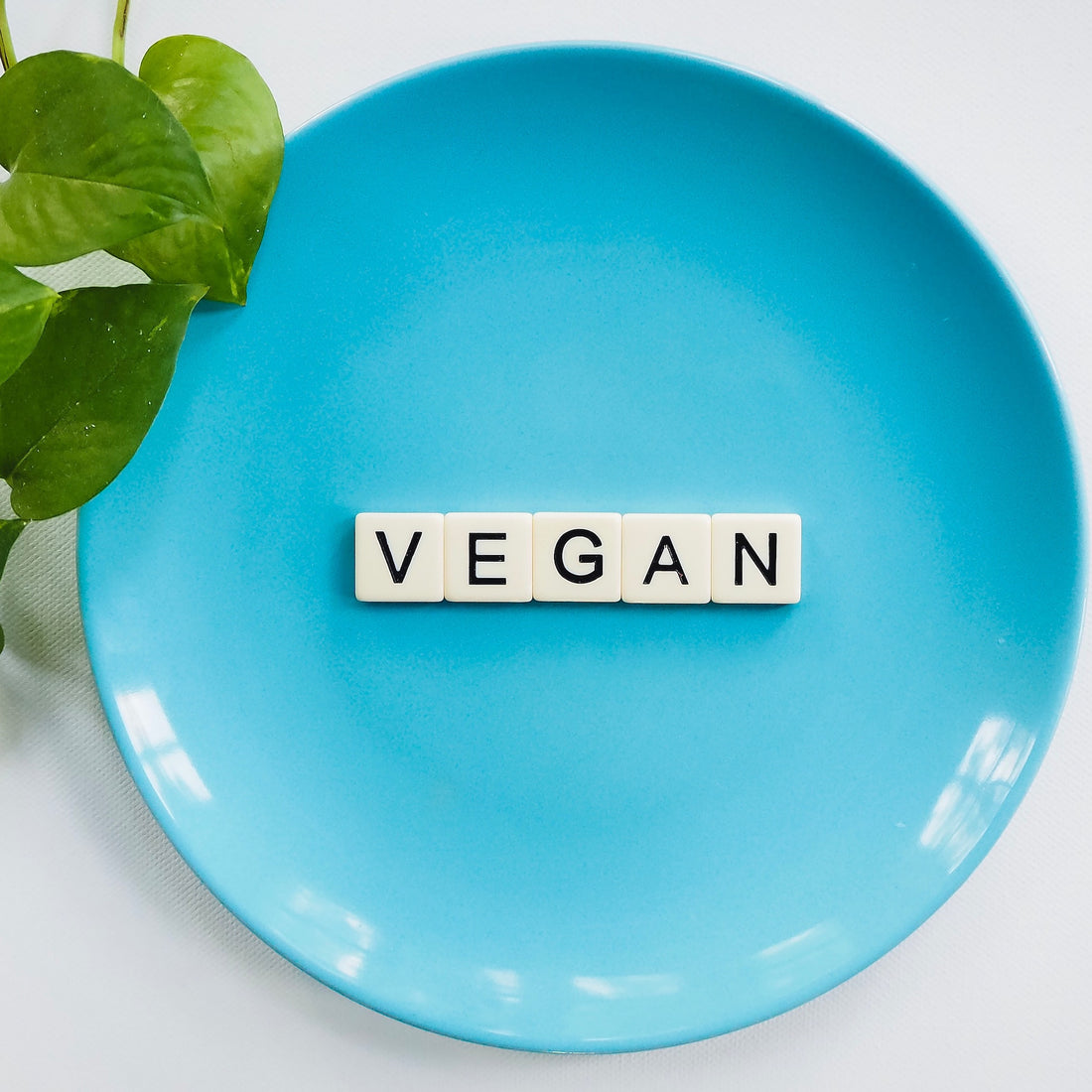The British Nutrition Foundation has warned that extra care needs to be taken to get all the nutrients you need if you’re removing animal products from your diet.
Vegan diets have seen a huge popularity surge in recent years, with more than 500,000 people taking part in 2021’s Veganuary campaign. However, a new report from the British Nutrition Foundation (BNF) highlights that the plant-based nature of vegan diets could reduce the intake of essential nutrients like iron, zinc, vitamin B12 and iodine.
The researchers state that, while going vegan has environmental benefits, steps need to be taken to address nutritional gaps before plant-based diets can be adopted on a widespread level. In fact, one of the study’s authors and BNF’s Director General, Professor Judy Buttriss, commented that “all too often nutritional quality and delivery of essential nutrients is not considered in judgements about the environmental impact of foods and diets.”
So what are the specific concerns highlighted around vegan diets, and can seaweed help to address their nutritional gaps without compromising their plant-based nature?
Meat alternatives are raising concerns

Many people following vegan diets swap meat for plant-based meat alternatives, with brands like Quorn reaching the billion-dollar status in recent years. In 2019, the UK meat alternative market was valued at just under $500 million while worldwide it has surpassed $4,536 million, but the BNF’s report highlights issues with these meat replacer products.
According to the report, some meat alternative products display high levels of salt and fat. Plant-based meat and dairy alternatives were often found to unintentionally increase intakes of sugar, sodium and saturated fats, as well as offering lower levels of key nutrients like calcium, magnesium and iodine. Dairy alternatives like almond or rice milk were found to be particularly water-intensive to produce, as well as causing drinkers to miss out on essential iodine. This is important to note, as the likes of oat milk is set to become a multi-billion dollar market by 2026.
Extra steps must be taken to receive key nutrients
So does this mean that we should all be avoiding vegan diets, and sticking to animal produce? Not at all, especially considering that vegan diets do offer some key health benefits, including lower cholesterol and lower blood pressure. What’s more, the environmental benefits of a vegan diet are clear. A study by the University of Oxford found that cutting meat and dairy from your diet could reduce your carbon footprint by up to 73 percent.
So instead of abandoning veganism, we need to address its limitations head on by making sure these key nutrients are covered. Iodine is one such nutrient which is often overlooked in plant-based diets. Iodine is essential for the health and effectiveness of your thyroid, which in turn contributes to supporting your metabolism, your cognitive development, your skin health and more.
Seaweed is a vital vegan iodine source

Seaweed is naturally high in iodine, making it a key component in any well-rounded plant-based diet. seaweed is sustainably wild-harvest with only the highest quality seaweed from the pristine waters of the Scottish Outer Hebrides, and using our proprietary technologies, testing each batch to ensure it offers the maximum nutritional value.
With Doctor Seaweed’s Weed & Wonderful® organic seaweed capsules, it’s never been easier to make sure you get the essential iodine you need every day for your health and wellbeing. In fact, just one of Doctor Seaweed’s Weed & Wonderful® 500mg organic seaweed supplements contains around as much iodine as a portion of haddock.

